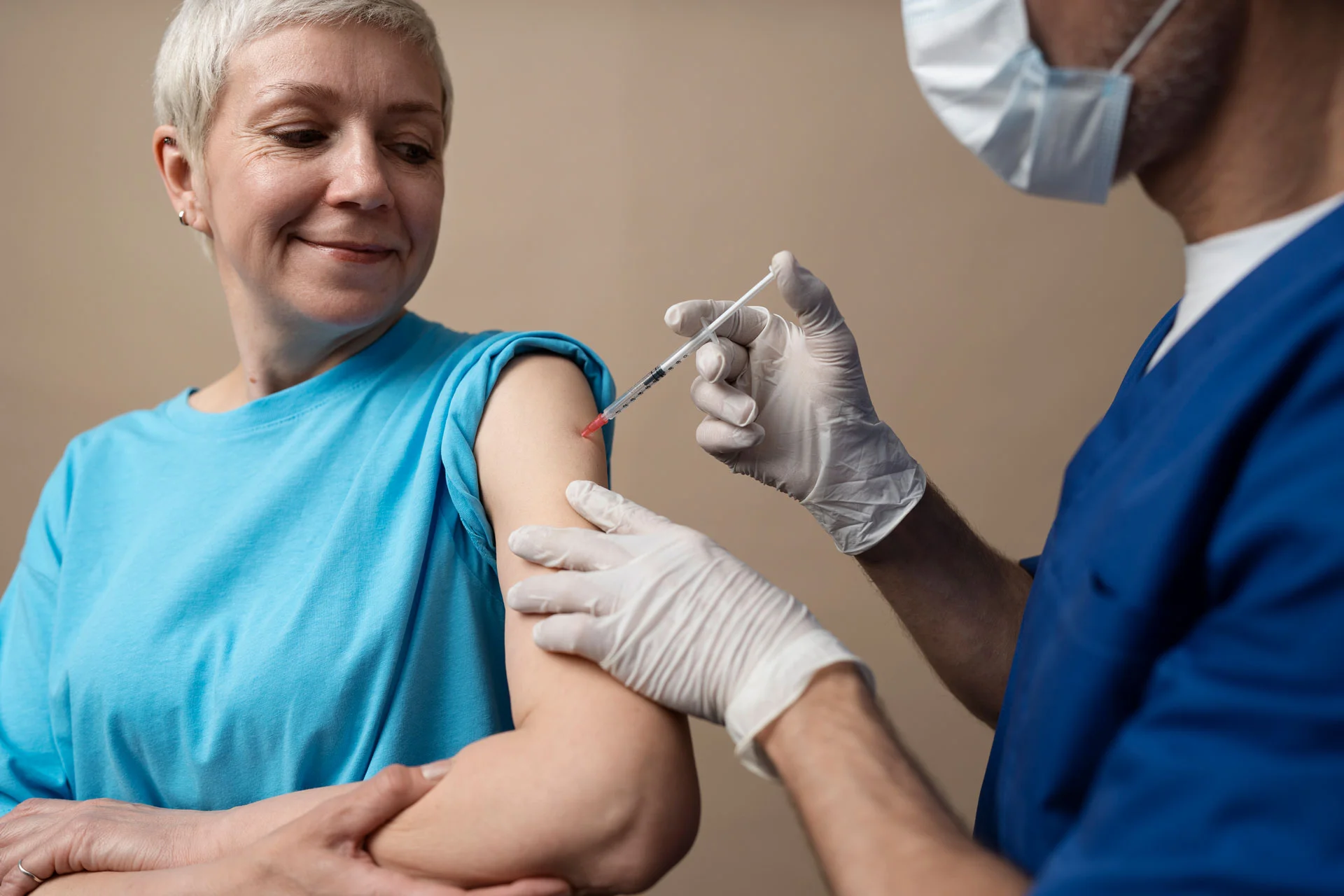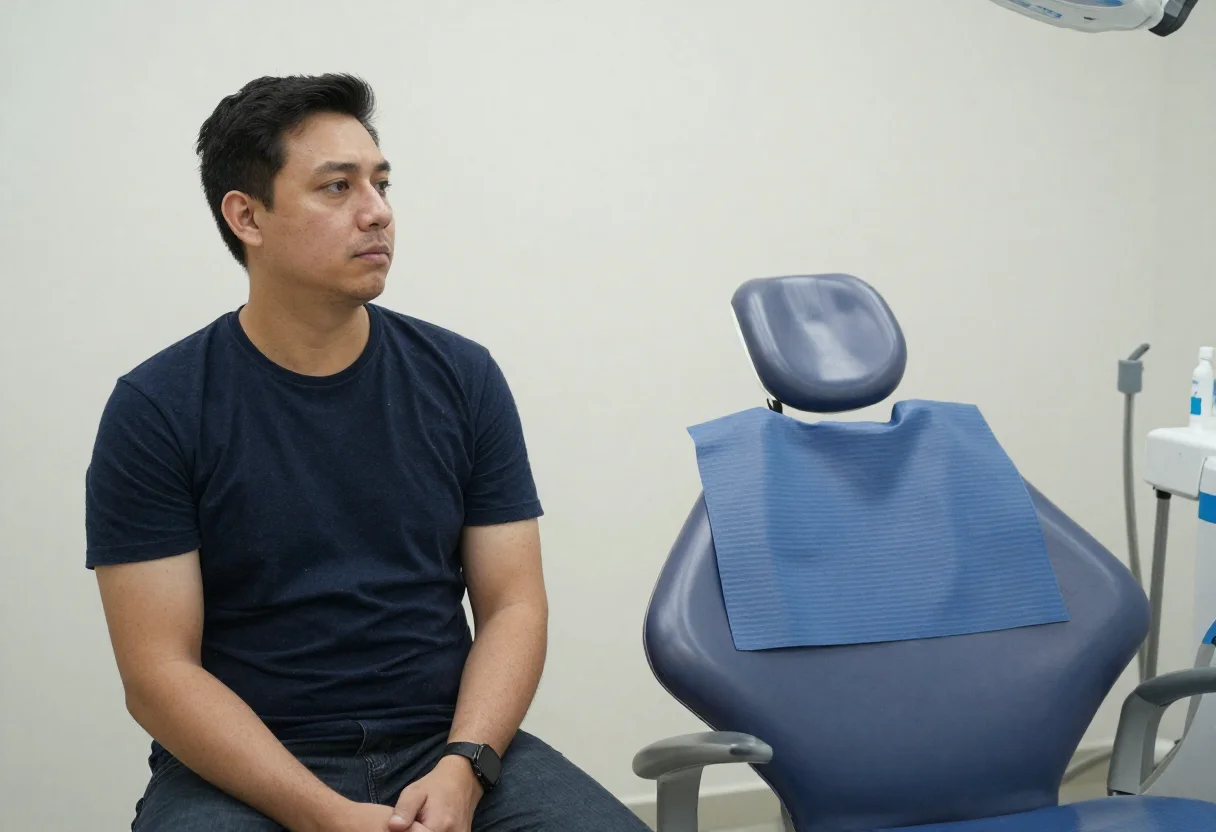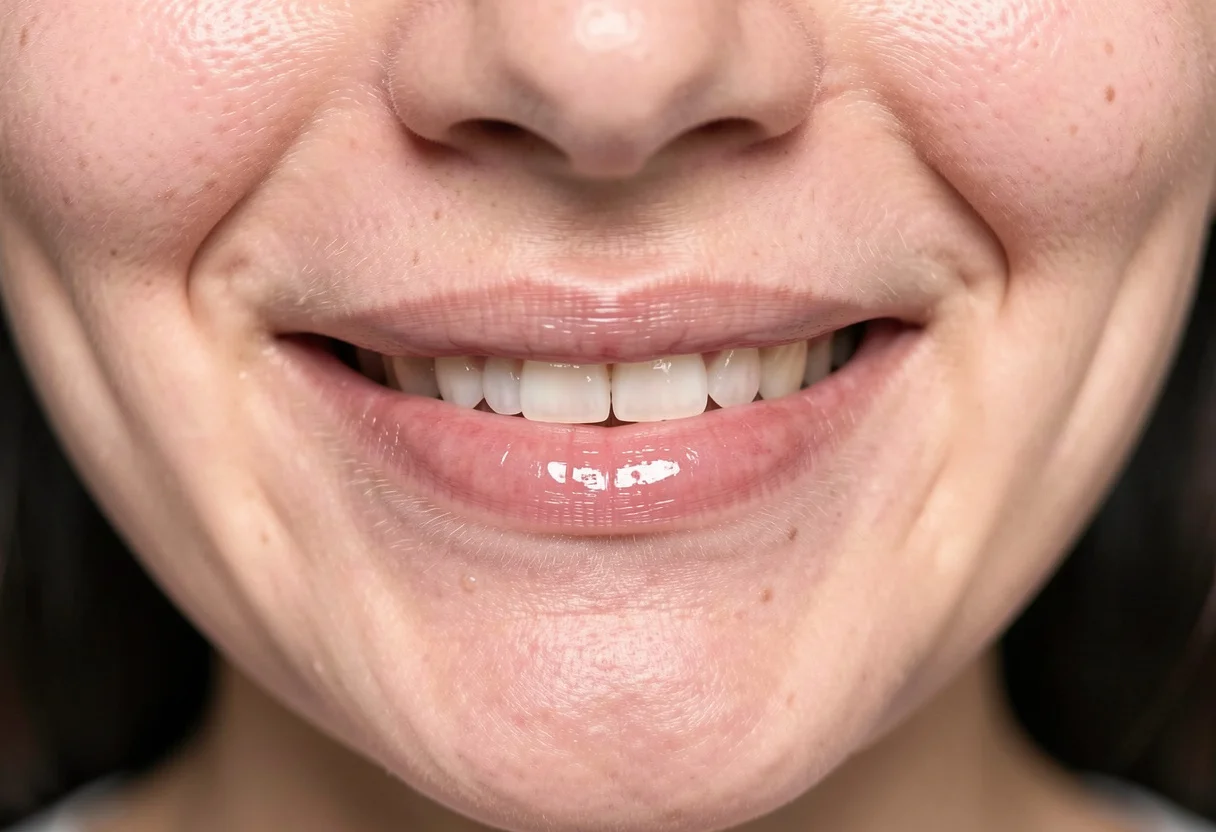
Introduction
What is pneumococci?
Invasive - noninvasive pneumococcal disease - what does it mean?
What are the statistics on pneumococcal diseases?
Risk factors
Non-immunocompromised risk factors
- Children < 2 years and adults >65 years
- Chronic cerebrospinal fluid (CSF) leakage
- Decreased mucociliary function
- Cochlear implants
- Chronic heart disease
- Diabetes mellitus
- Chronic kidney disease*
- Chronic liver disease, including cirrhosis*
- Chronic lung disease, including asthma
High risk factors with immunocompromised
- Sickle cell disease, congenital and acquired asplenia
- Congenital immune system defects*
- Immunosuppressive therapies (steroids, chemotherapy, radiotherapy, HIV treatment, post-transplant therapies)*
- Hematopoietic stem cell transplantation (recipient)*
- Malignant neoplasms
- Nephrotic syndrome*
- Solid organ or islet transplant*
Other risk factors
- Smoking
- Alcoholism
- Illicit drug use
- Homelessness
- Communities with consistently high invasive rates
- Recent use of antibiotics
- Cough reflex dysfunction
- Malnutrition status
* Highest risk groups
Functional or anatomic asplenia increases the risk of invasive pneumococcal disease 50-fold. If elective splenectomy is planned, the patient should be vaccinated at least two weeks before surgery and at least two weeks after emergency splenectomy. Rates of invasive pneumococcal disease are also increasing in children from some racial and ethnic groups, including Alaska Natives, African Americans, and certain American Indian groups.
How many types of pneumococcal vaccines are there?
History of pneumococcal vaccines
What is the association between pneumococcal vaccines and antibiotic resistance?
Pneumococcal polysaccharide vaccine (PPSV)
What are the general rules for the administration of pneumococcal vaccines?
- PCV and PPSV23 should not be given at the same visit.
- Conjugate vaccines and polysaccharide vaccines are NOT interchangeable. Although the polysaccharide vaccine is effective against a wider range of serotypes, it has different immunogenic properties and is usually offered in addition to a series of conjugate vaccines, not as a replacement for such a series.
- The administration of the conjugate vaccine is independent of the polysaccharide vaccine and should never be omitted or delayed.
- In general, PCV vaccines can be used interchangeably to complete an immunisation series. For example, a series started with PCV13 can be continued with PCV15 and vice versa.
- If both are needed, PCV should be given first.
- A single dose of PCV is recommended for adults (if there are no additional comorbidities).
- ≥65 years of age should receive a single dose of PPSV23. If an immunocompromised person aged 65 years or older has received PPV23 on or after their 65th birthday, they do not need to receive another dose of PPV23 5 years later. This is because the immune response to the vaccine decreases as people get older.
- In cases where PPSV23 is recommended, it is recommended no more than 3 times in adult life, with at least 5 years between doses. The last dose is recommended after the age of 65.
- If PPSV23 has been given, PCV should be given at least 1 year later.
- If PCV has been given, PPSV23 should be given at least 8 weeks later.
- The new recommendations for unvaccinated persons are that adults aged 19-64 years with any underlying medical condition (comorbidities, high-risk conditions or immunocompromised) and all persons aged 65 years and older should receive one dose of PCV20 alone or one dose of PCV15 followed by PPSV23 one year later.
- PCV20 is preferred over PCV15 and PCV15 over PCV13.
- PCV is administered as a single dose in the adult age group, except in bone marrow transplant patients. In cases of severe immunosuppression, cerebrospinal fluid leakage, cochlear implant, asplenia, where antibody titres need to be raised rapidly, 8 weeks should elapse between PCV and PPSV vaccination.
- Hematopoietic stem cell transplant recipients, regardless of age, should begin pneumococcal vaccination 3 to 9 months after transplant with 3 doses of approved PCV administered at least 4 weeks apart, followed by 1 dose of PPSV23 12 to 18 months after transplant (at least 6 months after the last dose of PCV). Hematopoietic stem cell transplant recipients older than 2 years of age should receive an additional booster dose of PPSV23 administered 1 year after the first dose of PPSV23.
- There should be at least 2 weeks between cancer chemotherapy or immunosuppressive treatment and vaccination. Vaccination should not be given during these interventions. If PPV23 has been given during chemotherapy or radiotherapy, another dose of vaccine is recommended 3 months after treatment.
- Vaccination should be avoided in people with a moderate or severe acute illness. In cases of mild illness with or without fever, vaccination may continue as planned.
- Both types of vaccine are administered as 0.5 ml IM. The dose for all licensed products is 0.5 mL. Conjugate vaccines should be given intramuscularly (IM). Polysaccharide vaccines can be administered intramuscularly (IM) or subcutaneously (SC).
- Contraindications: Severe allergic reaction to the vaccine or any of its components. Conjugated vaccines should not be administered in patients with a history of severe allergic reaction to TDaP vaccines.
What are the general guidelines for pneumococcal vaccination in children?
What is Capvaxive (PCV21)?
The FDA approved Merck's 21-valent pneumococcal conjugate vaccine Capvaxive on 17 June 2024 for the prevention of invasive pneumococcal disease and pneumococcal pneumonia in adults aged 18 years and older.
According to Merck, it is the first pneumococcal conjugate vaccine designed specifically for adults and aims to provide broader protection than existing vaccines on the market.
Walter Orenstein, from Emory University in Atlanta, said in a statement: "Complications from invasive pneumococcal disease can lead to hospitalisation, organ damage and even death. Many cases of adult disease are caused by serotypes that are not included in other licensed pneumococcal conjugate vaccines.”
According to the CDC, the vaccine has the potential to reduce 150,000 hospitalisations and 41,000 deaths from pneumococcal pneumonia in the US each year.
Who should receive Capvaxive?
The Advisory Committee on Immunisation Practices (ACIP) has decided to recommend a single dose of PCV21 (CAPVAXIVE), specifically for
- Adults aged 65 years and older who have never received pneumococcal conjugate vaccine or whose vaccination history is unknown.
- Adults aged 19-64 years with certain underlying medical conditions or other risk factors who have not received PCV or whose vaccination history is unknown.
- Adults aged 19 years and older who have started the pneumococcal vaccine series with PCV13 but have not received all recommended doses of PPSV23.
In addition, shared clinical decision making is recommended for the use of an additional dose of CAPVAXIVE in adults aged 65 years and older who have completed the vaccination series with both PCV13 and PPSV23.
How does PCV21 differ from other PCVs, especially PCV20?
Are there any disadvantages to using PCV21 compared to other PCVs?
What is the safety profile of the Capvaxive vaccine?
Last message

Başaran, N. Ç. Erişkin aşılama çalışma hayatında uygulamalar. XVII. HİSAM Seminer Programı, Ankara. (2023).
Biscaldi, L. FDA approves pneumococcal 21-valent conjugate vaccine capvaxive. Drugs Topics. (2024).
Bush, L. M., Schmidt, C. E., & Vazquez-Pertejo, M. T. Pneumococcal infections. MSD Manual Professional Edition. (2023).
CDC’S ACIP unanimously recommends merck’s CAPVAXIVE™ (Pneumococcal 21-valent conjugate vaccine) for pneumococcal vaccination in appropriate adults. (2024).
Child immunization schedule notes. CDC. (2024).
Ellis, R. FDA approves new pneumococcal vaccine. Medscape. (2024).
Fryhofe, S.A. New mid-year vaccine recommendations from ACIP. Medscape. (2024).
Geno, K. A., Gilbert, G. L., Song, J. Y., Skovsted, I. C., Klugman, K. P., Jones, C., Konradsen, H. B., & Nahm, M. H.. Pneumococcal capsules and their types: past, present, and future. Clinical microbiology reviews, 28(3), 871-899. (2015).
Geddes, L. Vaccine profiles: Pneumococcus Gavi, the Vaccine Alliance. (2023).
George, J., & Liang, J. Encyclopedia of Pharmacy Practice and Clinical Pharmacy. Edited by Zaheer-Ud-Din Babar. Elsevier. (2019).
Gierke, R., Wodi, A. P., & Kobayashi, M. Pneumococcal disease. CDC. (2024).
Gilmore, A., Ortiz, J. Pneumococcal Vaccines. American Journal of Respiratory and Critical Care Medicine, 209(10), P5-P7. (2024).
Grubu, E. E. B. Ç. Erişkin Bağışıklama Rehberi. İstanbul: EKMUD. (2019)
Ingram, I. FDA approves pneumococcal vax designed specifically for adults. MedPage Today. (2024).
Jackson, A. Community-Acquired Pneumonia. Ambulatory Care Pharmacy Preparatory Review and Recertification Course. Edited by Kimma Sheldon-Old. American College of Clinical Pharmacy and American Society of Health-System Pharmacists. (2022)
Lister, A. J., Dombay, E., Cleary, D. W., Sulaiman, L. H., & Clarke, S. C. A brief history of and future prospects for pneumococcal vaccination in Malaysia. Pneumonia, 15(1), 12. (2023).
Loehr, J. Pneumococcal Vaccines. ACIP Pneumococcal Vaccine Work Group Chair (2024)
Musher, D. M., Anderson, R., & Feldman, C. The remarkable history of pneumococcal vaccination: an ongoing challenge. Pneumonia, 14(1), 5. (2022).
Park, B. FDA approves 21-valent pneumococcal conjugate vaccine capvaxive. Medical Professionals Reference (empr). (2024).
Pneumococcal vaccination: Summary of who and when to vaccinate. CDC. (2023).
Pocket guide for immunizers: Pneumococcal vaccination. Canadian Immunization Guide. (2024).
Şen, P., Demirdal, T., & Nemli, S. Clinical characteristics of pneumococcal infections and predictors of invasive pneumococcal. Klimik Dergisi, 35(3). (2022).
Tsioulias, A. FDA approves capvaxive pneumonia vaccine. Infectious Disease Special Edition (IDSE). (2024).
Pope, C. Capvaxive. Drugs.com. (2024).
Rosenthal, M. ACIP recommends capvaxive for certain adults ages 19 and older. Infectious Disease Special Edition (IDSE). (2024).
Summary of risk-based pneumococcal vaccination recommendations. CDC. (2024).


















